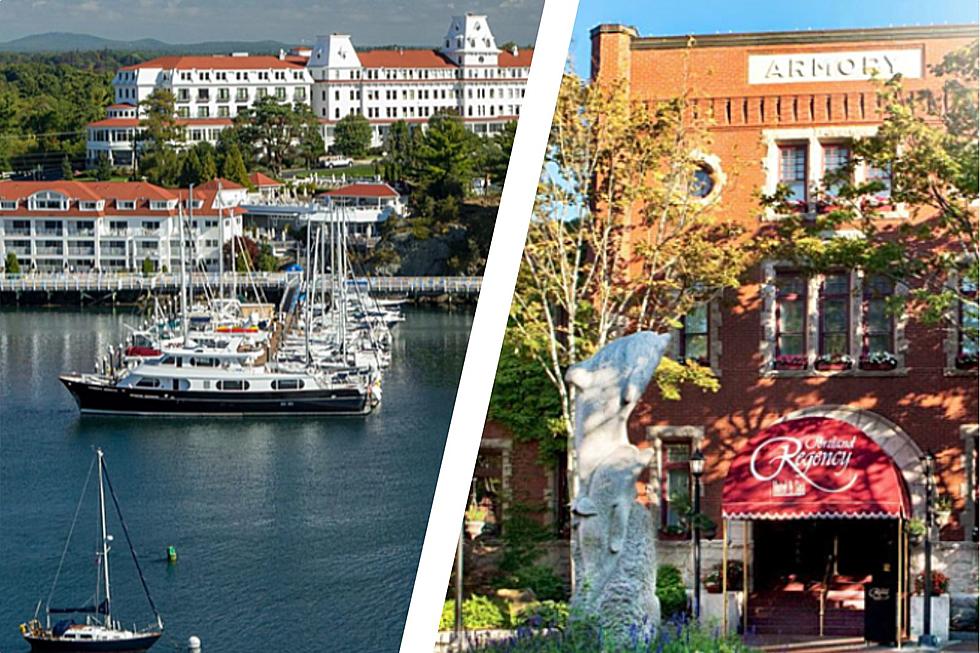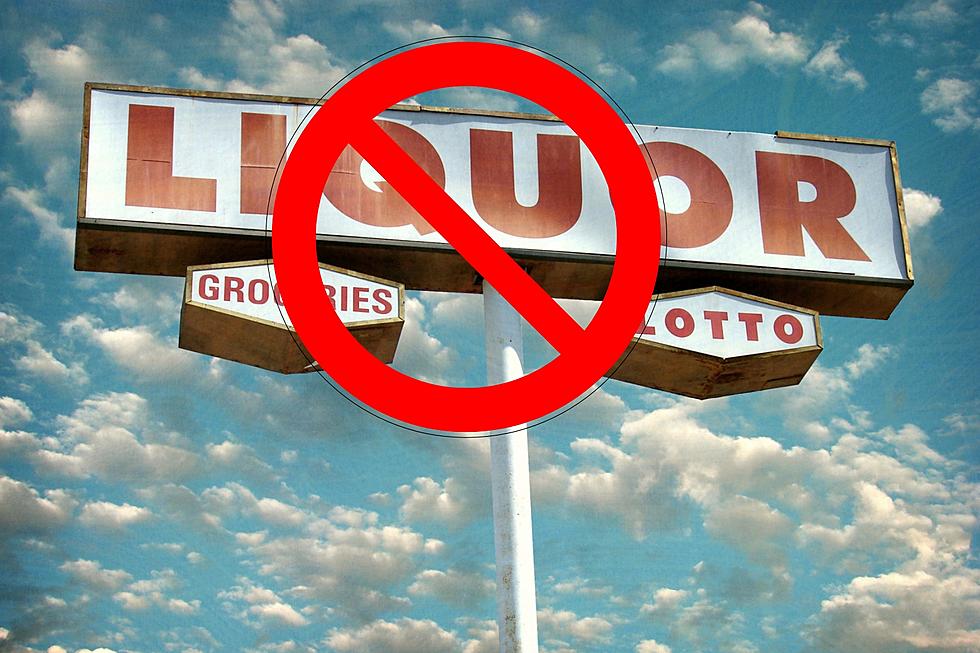
Why Doesn’t Maine Use the ‘Pay By Plate’ Toll System Like Massachusetts Does?
I can't help but notice how smooth and easy paying your tolls on the Mass Pike is. It's a process that happens so discretely, you hardly notice you're paying. However, the Maine Turnpike is a different story.
The Maine Turnpike, like the Mass Turnpike, uses the EZ-Pass toll collecting system, which they switched to in 2015 after retiring the Transpass toll collecting system in use since 1997.
A small transponder in your car gets detected by overhead sensors and collects the toll from your EZ-Pass account as you drive through without slowing down. It revolutionized the way highway tolls were collected in Maine, but Maine Turnpike didn't go as far as the Mass Pike did in 2016.
Their system eliminated toll booths completely in favor of 16 gantries on the highway with sensors mounted on them. The sensors collect the tolls through EZ-Pass transponders by taking a picture of the car's license plate and sending the owner a bill. When those were in place, all the toll booths were demolished, since every driver can be billed.
The benefit? No stopping for everyone in any lane. No merging is needed for electronic toll drivers and drivers who pay cash. You hardly even notice the overhead sensors. All this makes the highway safer and more convenient for drivers.
The Maine Turnpike, however, has balked at using the Pay By Plate system and eliminating toll booths. In fact, the majority of toll plazas in Maine have been rebuilt rather than removed. Is this a waste of money? Why won't the Maine Turnpike adopt this system?
To be clear, the Maine Turnpike is not funded by taxpayer money, but by the tolls collected.
According to WGME, Maine is one of the few states that doesn't take a picture of your license plate and bill, despite the fact that they have the technology to do that. I see the flash every time I drive through the EZ-Pass lane. They're capturing plates, so why not use them to bill those without EZ-Pass?
Massachusetts figured it out. Why can't we?
LOOK: Best places to live in America
LOOK: Food history from the year you were born
More From 94.9 WHOM





